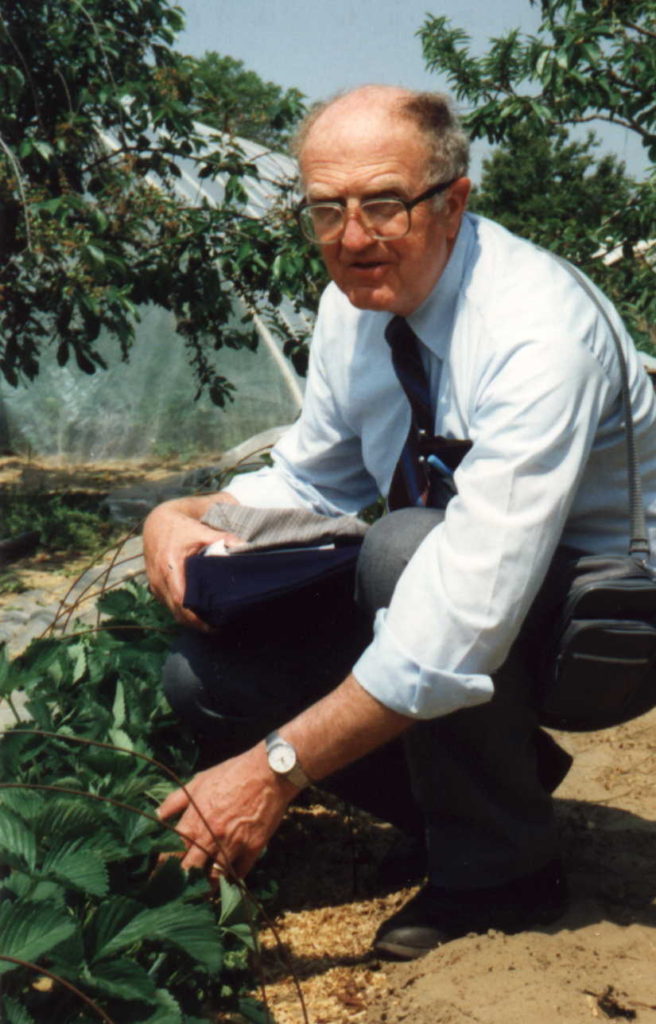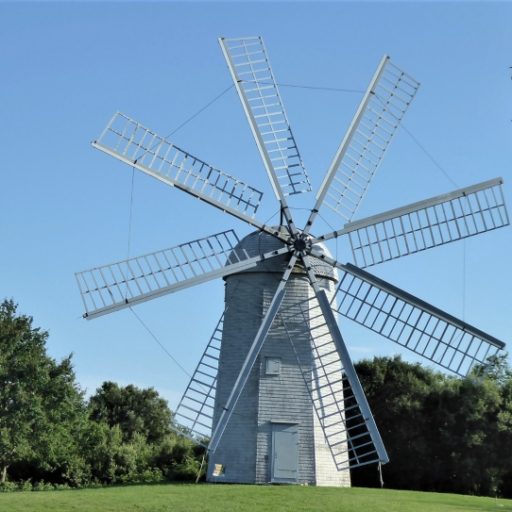Skip to content
 Dave Brown Middletown RI March 2024
Dave Brown Middletown RI March 2024
One of my early specialties was farm management economics. What, how, and how much to produce? How far to go in marketing one’s own produce? How best to reduce risks? How to match finance with front-end needs and investment end-of-life? What land ownership or leasing arrangements fit best? Will soil conservation practices pay off for the time-horizon in mind? And so forth.
Land and water settings, applied ag sciences, farm resource inventories, market outlook information, outcome guesstimates, production-economics concepts, and practical farm budgeting “tools” all come into play.
So does the human element — like a farmer’s skills, age and time horizon … goals besides net income … family situation … ability to absorb risks and stress … desire to do the right thing environmentally … and effects on the workers and neighbors.
Farm management analysis is useful not just to farm operators themselves. Seeing how “the numbers” look through typical farmers’ eyes can help attorneys to shape legal arrangements that fit. And farmer services to gauge what local demand may be and what prices to charge. And lenders to gauge credit feasibility. And planning, zoning, USDA, EPA, FDA, and other officials to predict impacts of proposed regulations, subsidies, or taxes. And foundations to know whether their ag-related grants would make a real difference. And farmer, healthy food, conservation and open-space advocacy groups, as well as town councils and state legislators, to know what to push for.
One good starting point is to broaden your horizons about possible kinds of crops, livestock, add-on enterprises, and marketing outlets that might be considered.
Our own University of Rhode Island Extension Service has brought together a wonderful set of videos and guides (based on actual field trials and farm experiences) for fruits and vegetables, improved practices and some companion livestock that offer potentials for smallish farmers here. See https://web.uri.edu/coopext/programs/food-systems/vegetable-production/
But from all those options, how to choose which best fits your own situation? Farm management analysis offers practical “tools” for making key decisions like that:
Partial budgeting for changes in your farming system
Suppose that you are already farming — growing vegetables for local markets.. You are wondering whether it will pay to add a high-hoop plastic greenhouse, to lengthen the growing season. No need to calculate all your costs and returns. Just focus on the likely changes during the “life” of the high-tunnel, say 10 years.
Added costs of high-tunnel construction & maintenance. and for more seed, nutrients, watering, pest control, etc. If you borrow $$ for this, the principal + interest repayments. No need to include added labor costs if all the work is done by you and not hired, and if doing this does not reduce your earnings from other work.
weighed against
Added returns from growing and marketing more vegetables over the 10 years
More complete farm economic planning
If you’re thinking about getting into farming, or are shaping an initial farm plan, or want/need to make a major overhaul, you would do well to make use of sound business planning methods. As seen from these examples, this needn’t be complex. The main thing is to keep focused on gauging the most important goals, resource constraints, production and marketing options, and risks for your situation.
Often it works well first to jot down options and their likely pluses and minuses.
Then make some preliminary guesstimates about costs and returns.
Then seek more information, make a refined plan,
and do a full-fledged farm-business evaluation.
Farm succession planning and helps
If you have a farm and are nearing retirement, what to do? Beyond family considerations, it may be that your farm has become a valued part of your community. Neighbors and town leaders may bend over backward to help see this continue in the future.
Here on Aquidneck Island, our land trust has a LandLink Aquidneck program to help sustain farms and open space beyond a generation, by enabling those wanting to farm to lease or buy farmland that becomes available.
Land for Good is a broader New England program that is helping older farmland owners to connect with aspiring farmers. It provides a number of helps for making the arrangements.


